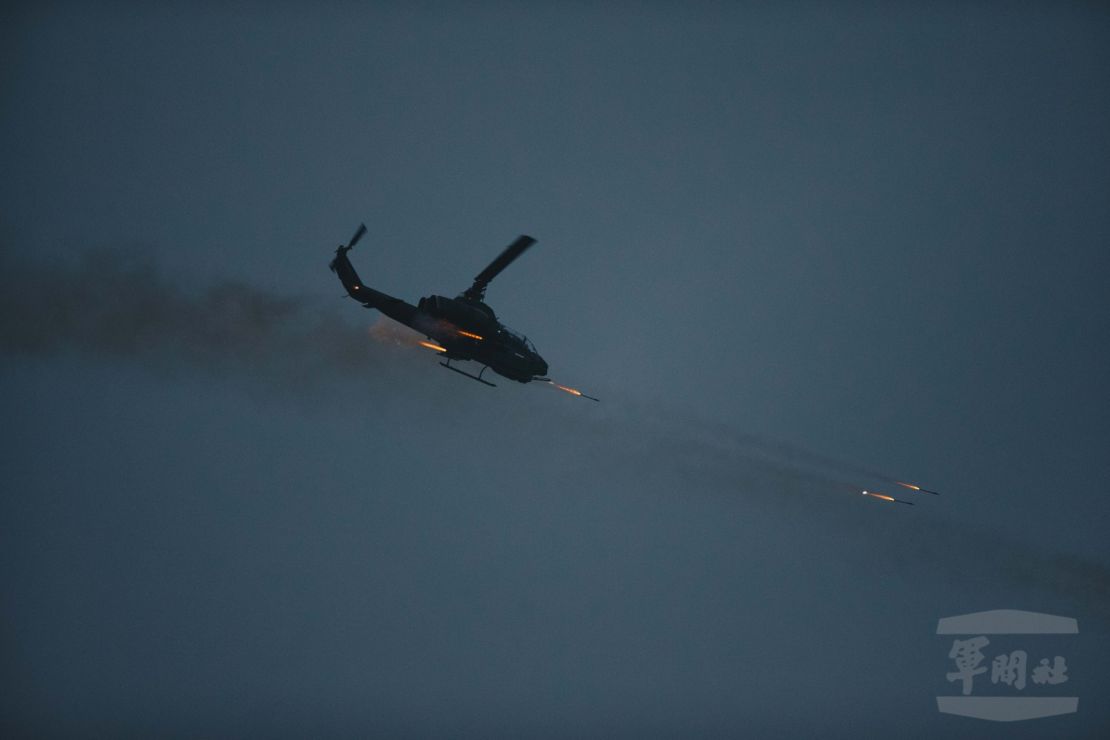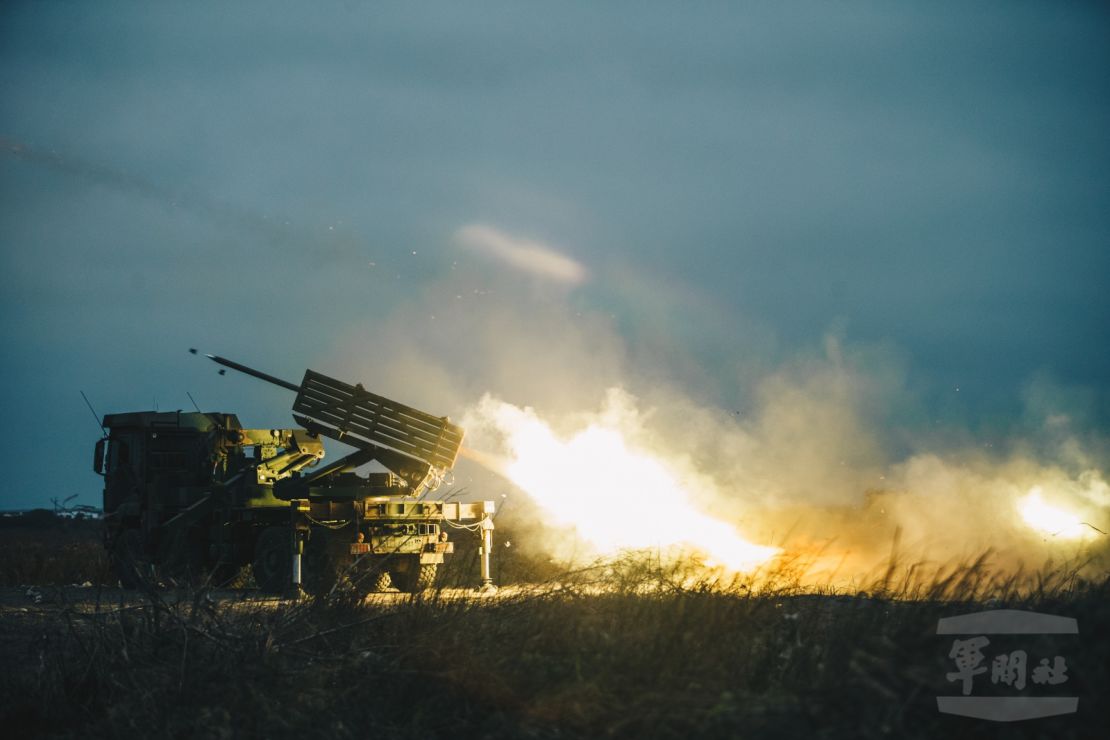Taiwan’s military held large-scale drills on its west coast Thursday amid growing tensions between the self-governed island and an increasingly belligerent Beijing.
Aimed at thwarting an amphibious invasion, Taiwan’s armed forces dispatched tanks, rocket launchers and combat helicopters to beaches near Taichung for the island’s first live-fire drills of the year.
“Our military stands ready to counter any threats … including those from Communist China,” Maj. Gen. Chen Chung-chi, a spokesman for Taiwan’s defense ministry, told CNN.
“These drills are based on the principle of ‘conduct training wherever wars might break out,’” he added. “We are prepared to maintain our territory and freedom.”

Chen declined to comment on the size of the troops or the types of weaponry involved. The first phase of the drills will continue until the end of the January.
Although Taiwan holds exercises regularly, the latest war games sharpened their focus on combat readiness as Chinese President Xi Jinping heightens pressure on the self-ruled and democratic island of 23 million people.
“Reunification is the historical trend and the right path, Taiwan independence is … a dead end,” Xi said in a January speech.
Echoing Xi, a top Chinese general on Tuesday told the visiting US chief of naval operations that “if someone tries to split Taiwan from China, the Chinese military will do whatever it takes to safeguard national reunification, national sovereignty and territorial integrity.”

A US government report published the same day said the Chinese government has made a series of ambitious military reforms and acquired new technology over the past few years, to improve its military’s ability to fight regional conflicts over places like Taiwan.
China and Taiwan split in 1949 following the Communist victory on the mainland in a bloody civil war. Despite being governed separately for seven decades, Beijing still considers the island part of its territory and routinely threatens the use of force to take it back.
The US maintains formal diplomatic relations only with Beijing, but Taiwan remains an important American ally in the region. Under President Donald Trump, close unofficial ties between the US and Taiwan have grown even stronger.
In the face of Beijing’s disapproval, Washington continues to sell advanced weapons to the island under the Taiwan Relations Act for its self-defense against a much bigger Chinese military.
More recently, the Trump administration angered Beijing by authorizing US manufacturers to sell submarine technology to Taiwan, as well as enacting the Taiwan Travel Act to encourage official visits between the US and the island.


